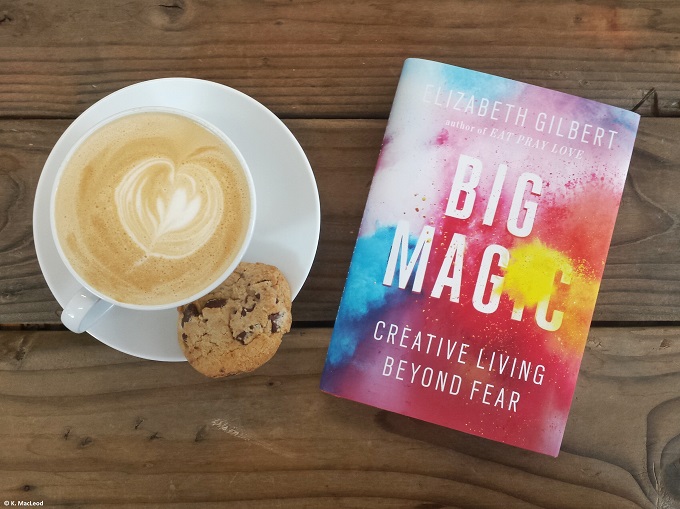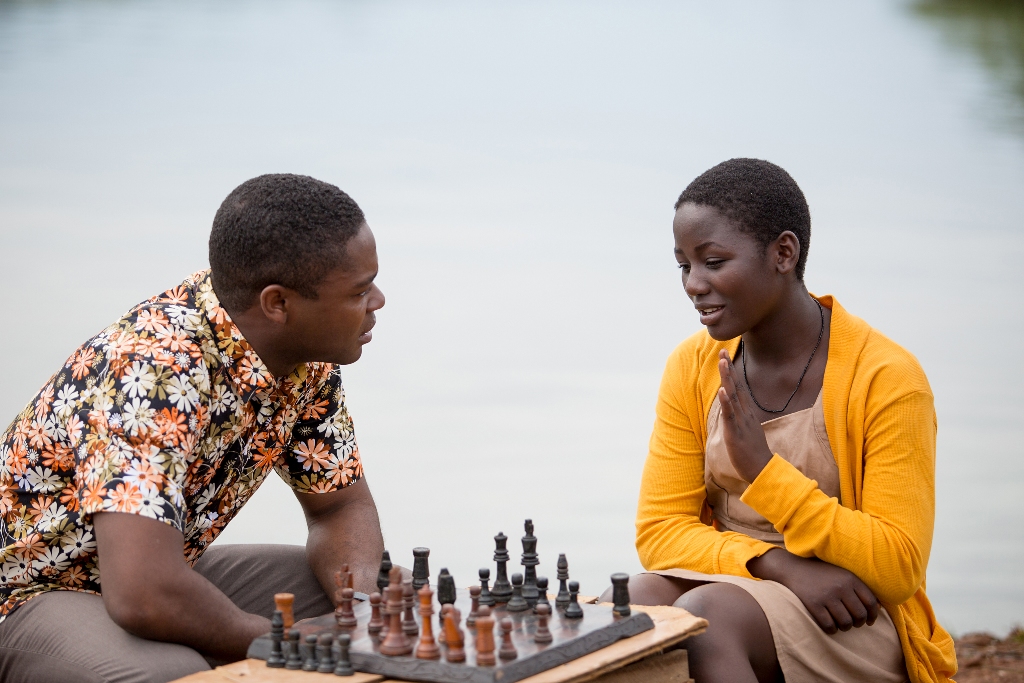A Not-So-Serious Writer’s Guide To Writing
A few months back, I met with Tania for lunch and she happened to mention in passing that reading Big Magic had really inspired her to be bold in her creativity. That evening, I got the book, read the first chapter, but hesitated to continue. The first reason behind my hesitation was that I had not read “Eat Pray Love” , an extremely popular book by the same author for the same reason I am yet to read “Lean In” by Sheryl Sandberg or watch the movie, “Titanic”. When a book is a massive hit, my desire to read it diminishes for some reason I am yet to explore. The second reason for my hesitation was that the beginning of the book was very “motivational”. I have nothing against the self-help genre, and I believe every book is a “self-help” book in one way or another, I just was not in that space. However, when I eventually got round to really reading and hearing what Elizabeth says, I was really glad that I gave the book a second chance.
Big Magic is about pursuing the things you truly care about. The book specifically addresses writers/ creatives, though in her words, she writes for herself. She has been critiqued harshly for self-absorbed writing, and watering down the travel genre in her memoir “Eat Pray Love” and she is not apologetic that she wrote for herself.
You are not required to save the world with your creativity.
Your art not only doesn’t have to be original {she writes about originality of ideas in an earlier section}, in other words; it also doesn’t have to be important. Please don’t try to help me. I mean, it is very kind of you to want to help people, but please don’t make it your sole creative motive, because we will feel the weight of your heavy intention and it will put a strain upon our souls. I would so much rather you wrote a book in order to entertain yourself than to help me.
Or if your subject matter is darker and more serious, I would prefer that you made your art in order to save yourself, or to relieve yourself of some great psychic burden, than to save or relieve us.
I once wrote a book in order to save myself. I wrote a travel memoir in order to make sense of my own journey and my own emotional confusion. All I was trying to do with that book was to figure myself out. In the process though, I wrote a story that apparently helped a lot of other people figure themselves out – but that was never my intention…
…It is okay if your work is fun for you…it is also ok if your work is healing for you, or fascinating for you or redemptive for you, or if it’s may be just a hobby that keeps you from going crazy. It is even ok if your work is totally frivolous….
…your own reasons to create are reason enough. Merely by pursuing what you love, you may inadvertently end up helping us plenty.
On criticism which most authors dread, she recommends letting go, and giving readers permission to have an opinion.
I refuse to take on additional jobs, such as trying to police what everybody thinks about my work once it leaves my desk.
Also, I realized that it would be unreasonable and immature of me to expect that I should be allowed to have a voice of expression, but other people should not. If I am allowed to speak my inner truth, then my critics are allowed to speak their inner truths, as well. Fair is fair.
If you dare to create something and put it out there, after all, then it may accidentally stir up a response. That is the natural order of life…but you are definitely not in charge of the reaction – even when that reaction is flat-out bizarre.
Recognizing that reaction does not belong to you-is the only sane way to create. If people enjoy what you have created, terrific. If people ignore what you’ve created, too bad. If people misunderstand what you’ve created, don’t sweat it. And what if people absolutely hate what you have created? What if people attack you with savage vitriol, and insult your intelligence, and malign your motives, and drag your name through mud?
Just smile sweetly and suggest – as politely as you possibly can – that they go and make their own fucking art.
Then stubbornly continue making yours.
She has some solid advice about the life of a writer: why writing should not pay your bills until you are successful, why you should not write for success, how to get over the fear of failure once you have written a super-successful book, the place of writing school in a writer’s career, etc.
For me, Big Magic was a “serious guide to writing, for the not so serious writer”. I have been writing on this site for 7 years, and often, I feel the pressure to turn it into a business, or write a bit more “seriously” because that is what people do when they have been blogging for some time.Big Magic reminded me to stay true to the reason why I write. For me, it is a hobby, a way of chronicling my journey and to share information – when I write for these reasons, it brings me joy.
I would recommend Big Magic to all writers , especially those that take themselves too seriously. A must read too, for people who have something to share but shy away because they are not “great writers”.
If you’re alive, you’re a creative person. You and I and everyone you know are descended from tens of thousands of years of makers. Decorators, tinkerers, storytellers, dancers, explorers, fiddlers…
Featured Image:Stories My Suitcase Could Tell





